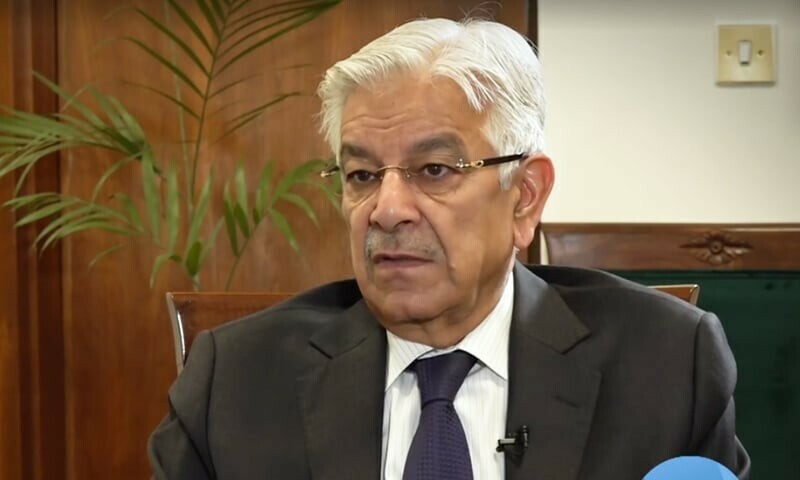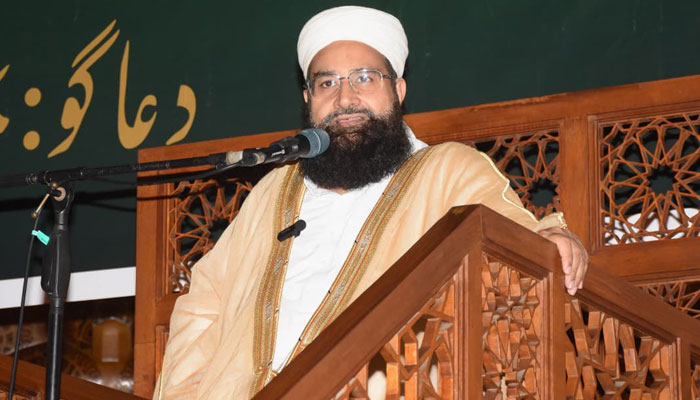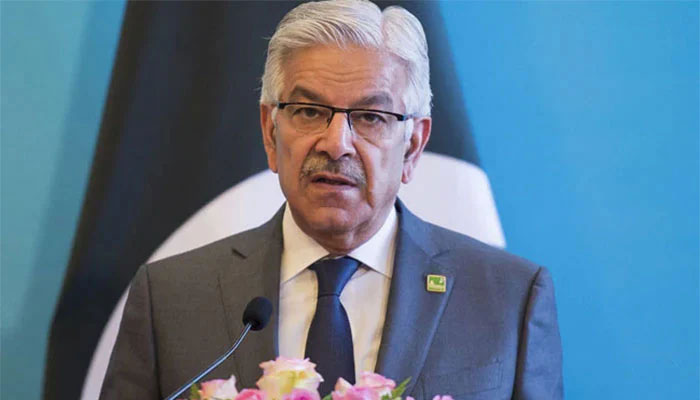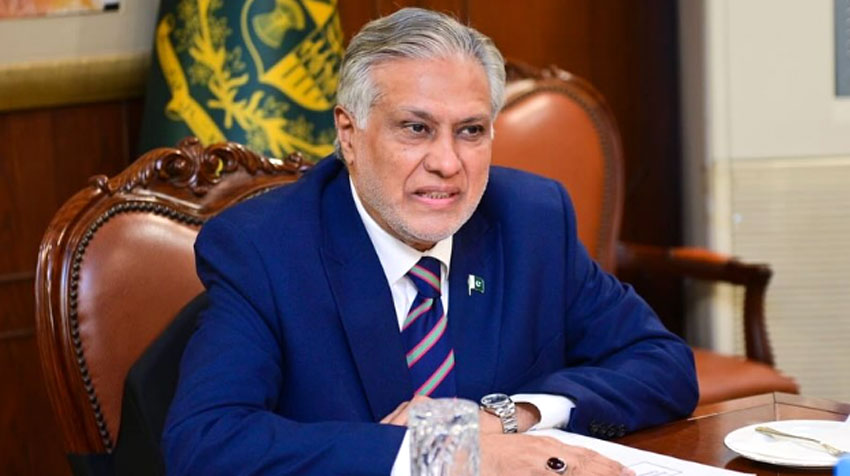POLITICS & POLICY MAKING

ISLAMABAD — Defense Minister Khawaja Asif has said that the newly signed defense agreement between Pakistan and Saudi Arabia marks a significant milestone in bilateral relations, ensuring mutual security and cooperation against external threats.
Speaking to the media on Friday, Asif emphasized that under the terms of the pact, any attack launched on either Pakistan or Saudi Arabia will be treated as an attack on both nations. “If any attack is made on Pakistan or Saudi Arabia from anywhere, it will be considered an attack on both countries and they will respond to it together,” he explained.
The defense minister further added that this agreement has enhanced Pakistan’s prestige at the international level, showcasing the country’s vital role in the collective defense of the Muslim world.
The Pakistan-Saudi strategic defense partnership has been described as historic, coming at a time when regional tensions and security challenges are intensifying. Leaders in both countries have highlighted the agreement as a reaffirmation of their decades-old alliance, extending beyond defense to strategic cooperation on global and regional issues.
Observers say the agreement could reshape security dynamics in the region, especially given Saudi Arabia’s influence in the Gulf and Pakistan’s role as a leading military power in the Muslim world.
The announcement has also drawn praise from religious and political leaders in Pakistan, many of whom regard the protection of the Two Holy Mosques in Saudi Arabia as a matter of faith and honor.
With this pact, both nations aim to strengthen deterrence against external threats and reinforce their long-standing ties based on shared religion, culture, and strategic interests.




